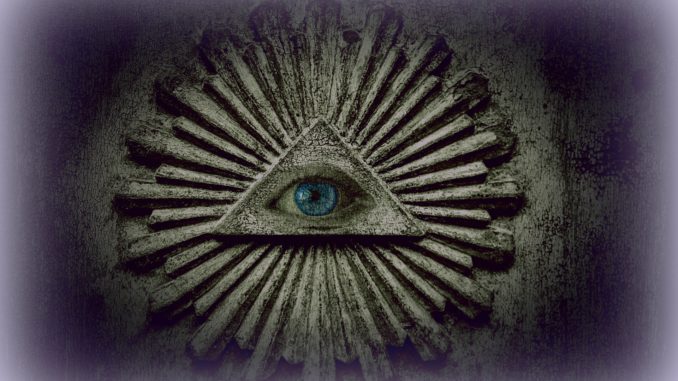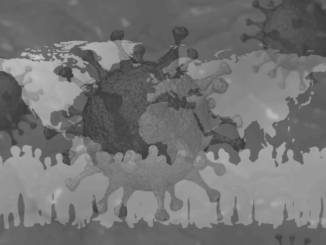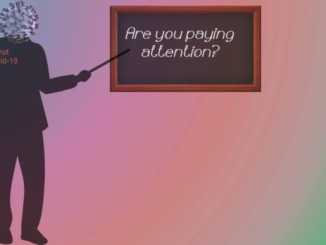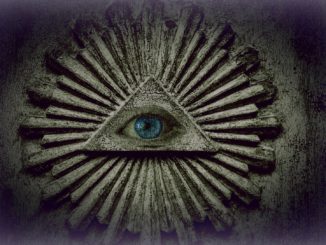
“In each false statement, there is a grain of truth”
There are numerous conspiracy theories and new ones appear literally on a daily basis. They vary in subject but in most cases are somehow related to alleged hidden agendas and activity of national and global elites which in one way or another are harmful to the interest (or at least are not for the common good) of the average people.
While it is obvious that much of those are product of imagination, exaggeration or even pure lies, there are those, which are backed up by solid evidence. While the evidence might not be always conclusive enough to present a true and complete picture of what is really behind a certain conspiracy theory, it is often convincing as to what is not the truth i.e. the version presented as official by the so-called reputable sources.
Often the only unit of measure used for the rejection of certain information as “conspiracy crap” is the opinion of all sorts of mainstream scientists, experts, officials who by default are credited with more trust than, say, the average Joe from the neighbourhood.
Let me tell you a real story which if it was not for the fact that it happened to me personally, I would probably not believe. I was having a discussion with somebody on the global elite conspiracy for world domination, the controlled media etc. I was sharing what I had read from various sources and what I believed to be logical extrapolations on the subject.
After listening to my arguments (which might not have been necessarily valid) the person interrupted me and asked me in a very sincere voice a question that left me speechless for a moment: “But if all you are saying is true, how is it possible that we never hear any news on that in major media like CNN for example?”
A self-defeating argument, is it not? If one just allows for the possibility that conspiracy is real and media is controlled, one would not expect the same (controlled) media to report on that fact, right? Still that person honestly believed he was making a valid point against my arguments. Here I just wanted to illustrate briefly, how far our uncritical attitude can go, thus conditioning us into sheep mentality and blind acceptance.
So far, I tried to make a point why we should not dismiss all the stories about alleged cover-ups by shadowy interests or other similar stuff, only because somebody labelled it “conspiracy theory”.
Now below are two examples of “conspiracies” that eventually proved true.
Area 51
The existence of a top-secret military facility at the Nevada desert has been reported for decades by multiple people including average citizens, civil investigators and whistle-blowers (the latter supposedly having first-hand knowledge into the subject).
While the nature of the activities taking place there had been and still is subject to much speculation, the existences itself of such a facility had been successfully dismissed by the official sources as “conspiracy theory” for decades. It was only in 2013, that the Government openly admitted that Area 51 was real.
If this part of the story proved true and not the product of somebody’s rich imagination, then how can we be sure that there is also no grain of truth in the other related topics such as reverse engineering of extra-terrestrial craft?
The central bank of the USA (FED) being a privately owned/controlled body
Contrary to common belief, the FED is not a public/governmental body. This would imply that its activity is motivated in the first place (if not completely) by private interests.
While the legal intricacies leave it open to debate whether and to what extent it is private/public body, some aspects of its organization (as outlined in official documents) seem to clearly indicate that in practical terms it is not directly accountable to any public/governmental authority. You can go further into the topic for yourself.
Above two examples of Area 51 and the FED were chosen somewhat randomly and because of the fact that information on them is abundant enough so that a willing person can make his own research. Their mention here is to illustrate the fact that sometimes “conspiracy theory” can actually be “conspiracy practice”.
Then we come to the questions like “Even if such conspiracies are indeed true, why should I care? Why should I be interested to know?” Well, everybody should answer those questions for himself. Maybe one’s starting point should be “If this is true, does it affect somehow my own life and if yes, in what way?”
Would you care to know if the prescription drugs you take are really meant to cure your health problems? Or are those actually meant by design to only relief your symptoms and keep you a long-term “customer” of the pharmaceutical industry? Is it ok for you to breathe ever more polluted air from the use of fossil fuels if there might have been for decades completely clean energy alternatives suppressed only because of corporate greed?
If you perceive those or similar questions as relevant to your own life, being open-minded about “conspiracy theories” would most probably not be a waste of your time.











